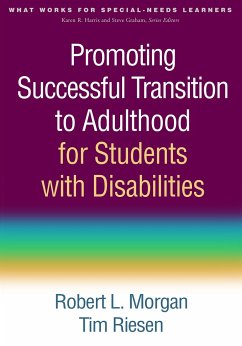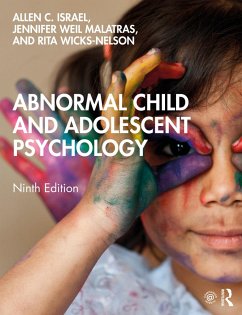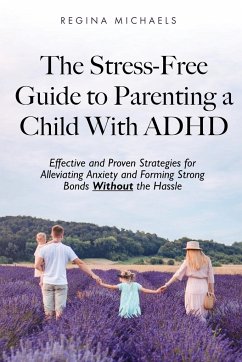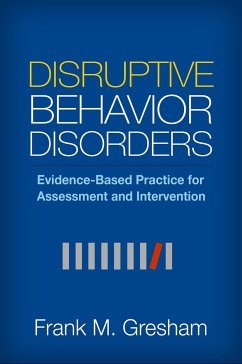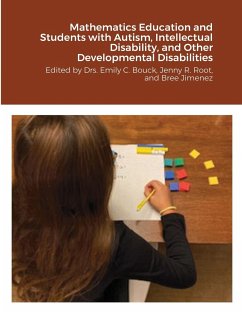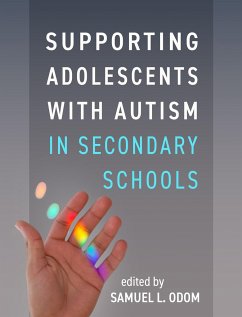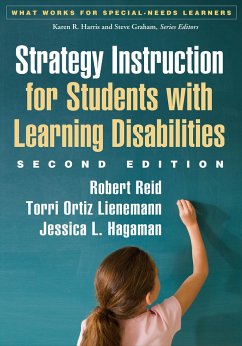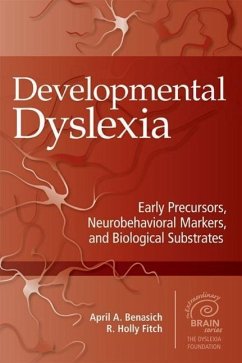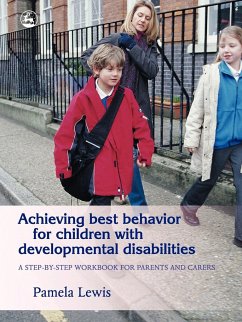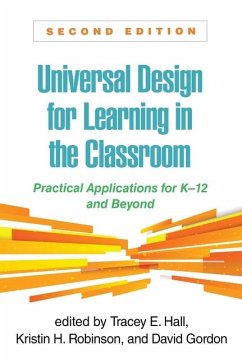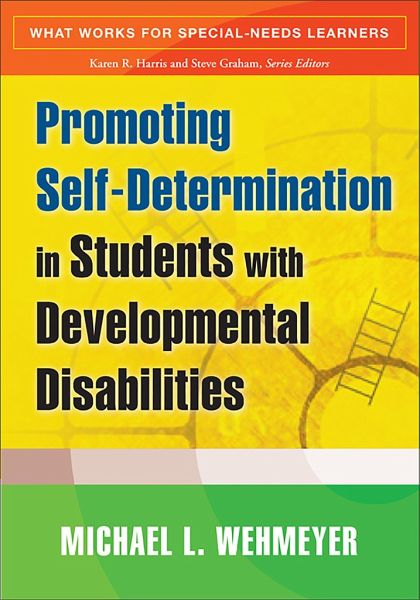
Promoting Self-Determination in Students with Developmental Disabilities
Versandkostenfrei!
Versandfertig in über 4 Wochen
51,99 €
inkl. MwSt.
Weitere Ausgaben:

PAYBACK Punkte
26 °P sammeln!
Growing evidence suggests that self-determination is a significant factor in improving educational and transition outcomes in students with intellectual and developmental disabilities. This volume reviews the breadth of available methods for teaching components of self-determination--including choice making, problem solving, decision making, goal setting, self-advocacy, and self-regulated learning--and provides best-practice recommendations that teachers can put to immediate use in the classroom. Grounded in theory and research, the strategies presented here have been shown to enhance students...
Growing evidence suggests that self-determination is a significant factor in improving educational and transition outcomes in students with intellectual and developmental disabilities. This volume reviews the breadth of available methods for teaching components of self-determination--including choice making, problem solving, decision making, goal setting, self-advocacy, and self-regulated learning--and provides best-practice recommendations that teachers can put to immediate use in the classroom. Grounded in theory and research, the strategies presented here have been shown to enhance students' involvement in educational planning and support them in meeting their goals in school, the workplace, and the community.



